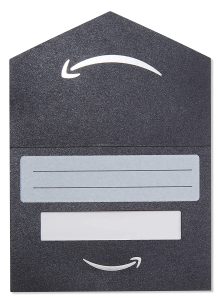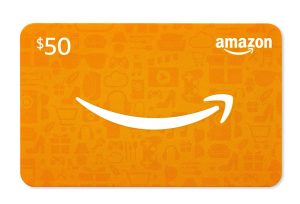Smart cards have opened up a world of possibilities across various industries, thanks to their secure data storage, processing capabilities, and versatility. Here are some exciting possibilities that smart cards bring to the table:
- Personalized Medicine and Health Monitoring: Smart cards can store personalized medical data, treatment plans, and health history. Patients can carry their health profiles, enabling healthcare professionals to provide more personalized care and treatments.
- Secure Digital Identity: Smart cards could serve as universal digital identity cards, consolidating personal information, biometrics, and credentials. This could simplify access to services and reduce the need for multiple identity documents.
- Smart Education Systems: Smart cards could enhance education by storing student profiles, academic records, and digital resources. They could also facilitate secure exam registration and remote learning access.
- Environmental Conservation: Smart cards could be used for tracking and rewarding environmentally friendly behaviors. They could store carbon credits or track recycling efforts, encouraging sustainable practices.
- Blockchain Integration: Smart cards could be combined with blockchain technology to enhance security and transparency in various applications, such as supply chain management, voting systems, and digital ownership verification.
- Disaster Management and Emergency Response: Smart cards could store emergency contact information, medical records, and evacuation plans. First responders could access critical data during emergencies, improving coordination and response times.
- Personal Finance and Financial Inclusion: Smart cards could empower underserved populations with secure access to financial services. They could provide a platform for microloans, savings accounts, and remittances in regions with limited banking infrastructure.
- Interactive Travel Experiences: Smart cards could enhance travel experiences by offering access to personalized travel itineraries, language translation services, and cultural insights.
- Smart Voting Systems: Smart cards could ensure secure and accurate voting through digital authentication and encrypted ballots, reducing the risk of voter fraud and enhancing election integrity.
- IoT Device Management: Smart cards could securely manage and authenticate Internet of Things (IoT) devices, ensuring only authorized users can control and access connected devices.
- Smart Supply Chains: Smart cards could track products through supply chains, ensuring authenticity, verifying provenance, and preventing counterfeit goods.
- Social Services Access: Smart cards could streamline access to social services by consolidating benefit programs, enabling easy eligibility verification and distribution of assistance.
- Cultural Preservation: Smart cards could store cultural heritage data, language resources, and historical information, helping to preserve and share cultural knowledge.
- Personal Security and Emergency Alerts: Smart cards could provide a panic button feature that sends out emergency alerts along with the user’s location to authorities or designated contacts.
These possibilities showcase the potential for smart cards to innovate and transform various aspects of our lives. As technology continues to advance, smart cards are likely to evolve and create new opportunities for secure, efficient, and personalized interactions across a wide range of fields.


























